Decided that you want to be a home baker but don’t know where to start? From qualifications to business planning to online courses, here’s all you need to know before starting your bakery.
1. Becoming a Home Baker
Home bakers make cakes, pastries, desserts and other confectioneries from their homes, according to their customer’s requests. These are made for birthday parties, weddings, anniversaries, and other occasions.
Contents: Jump to Section
1.2 Entrance Exams
1.3 Academic Qualifications/ Options
1.4 License Required
1.5 Internship/ Work Experience Required
1.6 Cost of Tuition and Training
1.7 Competition
1.8 General Age to Start Professional Career for Bakers
1.9 Governing Bodies
2.2 Business Plan
2.3 Target Customer & Place
2.4 Your USP
2.5 Set-Up Your Commercial Kitchen
2.6 Learn & Practise
2.6 Advertise
3.2 Companies & Institutions That Employ Pastry Chefs/Bakers
3.3 Growth Prospects
3.4 Entrepreneurship Opportunities
3.5 Salary Range
4.2 Top Universities in World
4.3 Famous Personalities
4.4 Useful Links
1. Becoming a Baker
1.1.1 Courses Taken at School
Any major, drawing, English, local language(s), home science.
While it’s completely possible to become a home-baker with just about any courses or high school education, these courses can help you. A good English and local language skills can be very helpful, so that you can communicate with your customers. Drawing can be helpful in making sketches to show your vision to customers.
1.1.2 Courses Taken at College
(Not required); Food science, nutrition, baking, cake design, chocolate arts, confectionaries, desserts, sanitation, culinary management.
A college degree is not required to be a home-baker. However, the above courses will be very helpful, and are a common part of baking and pastry arts programs across universities. A working knowledge of the above mentioned topics will be required in this field, but can also be self-taught through internet tutorials, etc. There are lots of great online baking courses available.
1.2 Entrance Exams
Not required.
1.3.1 Academic Qualifications/ Degree Required
Not required; Diploma in Patisserie and Confectionery/ hotel-management degree.
A college education or degree is not required to become a home-baker. However college education is a good idea to build personality, learn inter-personal communication skills, presentation skills, etc. Pastry or culinary degree would be ideal. If not, a hotel-management course or B.Com or B.A. could be a good degree, too.
1.3.2 Post-Graduate Degree Requirements/ Options
Not required.
An Advance Pastry degree or an MBA in Marketing can be an option, but is certainly not required. It would be best to gain experience through your work.
1.4 License Required
No.
1.5 Internship/ Work Experience Required
No, but it can be beneficial to volunteer at a local baker’s or confectionery outlet. A lot of home-bakers also begin their business after getting experience as a professional pastry chef for a restaurant or hotel.
1.6 Cost of Tuition and Training
N/A
Most home-bakers are self-taught, and spend nothing in tuition and training, since they don’t have a formal pastry education. However, you can take an online, part-time or full-time pastry pastry course. Some home-bakers also advise to go for a course once you have had some experience in home-baking, when you want to expand your business.
A 9 month-long full-time pastry course costs ₹50,000-4.5 lacs and 3 month-long part-time costs ₹20,000-1.2 lacs, depending on the college.
1.7 Competition
Low to medium.
Since a formal education is not required, competition is not a concern before you start your career. However, once you open your home-bakery, you may face local competition, mostly if there are other bakeries, outlets or home-bakers in your area.
Competition may be lesser if you have a specific specialty/expertise, such as designer wedding cakes, novelty cake art, etc. but that will also affect demand.
1.8 General Age to Start Professional Career for Home-Bakers
Can start at any age after 13.
There is no specific age as such for a home-baker to start their career. Kids as young as 13 can start their own home bakery. Lots of home-bakers start early in college, or even in their 30s. Most of them start their career in their early 20s.
1.9 Governing Bodies
N/A for small scale business; FSSAI for large-scale home-bakeries.
2. How to Become a Home Baker: The First Steps
2.1 FSSAI License & Kitchen Clearance
Before you start your business, it’s good to think of its name and get it registered. For a single person-owned business, you need to register it as a proprietorship. This will help you register your name, keep your business finances separate from your personal ones and file taxes easily.
In India, small-scale bakeries with earnings less than 12 lacs p.a. just need a registration, whereas above that, bakeries need a license from FSSAI to sell food. This may be different for every country.
2.2 Business Plan
Essentially, home-bakers are entrepreneurs who need to start, grow and sustain their business. So, just like any other venture, starting with a business plan is a must. Before you invest your time and money into turning your home kitchen into a commercial kitchen, it’s a good idea to think of how much you are going to invest in tools, ingredients, set-up and advertising. Also think of how much you will earn. Make a 5-year business projection to get a clear idea.
2.3 Target Customer & Place
Your business plan also needs to include who you’ll target and where. For example, will you target parents of young children for cute birthday cakes, will you target teens for mini-cupcakes or couples for wedding & anniversary cakes? Similarly, also think of whether your sales will be online (through website, food delivery apps like Zomato or UberEats) or offline through your home or both?
2.4 Your USP (Unique Selling Point)
Every baker, in fact, every business, needs a USP – their special thing, which sets their business apart from competition. It could be your beautiful, cutting-edge decorations, or hand-painted cakes, artisan flavors or wedding cakes. Whatever that is, planning it will make it easier for you to hon your craft.
2.5 Set-Up Your Commercial Kitchen
Start by converting your room or home kitchen into a professional one. Get the necessary equipment within whatever your budget is.
2.6 Learn & Practise
This is a must for any home-baker. In order to compete with other confectioneries and popular bakeries in town, you must learn new things and practise to make your cakes beautiful and neat. It takes a lot of patience and hard-work to master and create consistent taste in your products that people will love and remember. Take lessons on YouTube or online courses and keep improving.
2.7 Advertise
You could start by telling your neighbours, friends and family to spread the word. Spreading the word online also helps. It’s a great idea to start taking pictures of your beautiful cakes and put them on a Facebook page or Instagram. You can also spread the word in your city with flyers or Facebook ads. But rememeber, word of mouth is always better. A recommendation from your first happy customer is worth many flyers!
3. Professional Opportunities/ Career Growth for Home Bakers
3.1 Specializations/ Sub-Professions
Cake artist, wedding cake baker, sugar flower artist, novelty/bespoke cake designer, cupcake baker, artisan pastry baker.
Home-bakers often juggle between many different roles, as do most entrepreneurs. However, some bakers like to choose a specialization if there is enough demand for it in their area.
3.2 Companies & Institutions That Employ Home-Bakers
N/A
Home-bakeries are businesses in themselves. Most home-bakers don’t do jobs elsewhere.
3.3 Growth Prospects
Home-bakers often start with a bakery at home, often by converting one of their rooms into a kitchen. Some bakers also go on to expand their business by starting a branded bakery-chain, confectioneries or cafes.
Growth prospects depend on many factors like entrepreneurial and networking abilities, ambition, proactive nature, hard-work. Other than that, promotional work may be needed such as getting your work published in newspapers or magazines, contributing content to a media house, starting internet presence or baking for a celebrity party, etc.
3.4 Entrepreneurship Opportunities
Essentially, home-bakers are entrepreneurs. Other than income through baking cakes, there are many more opportunities that become available once your bakery gains popularity. Primarily, a local reach can be enhanced through online sales through delivery apps like Swiggy, Zomato or UberEats.
A baker can become a social media influencer through blogs or videos. They can start a collaboration business with a cafe owner by supplying freshly baked goods. They can also write a culinary book or teach a pastry program.
3.5 Salary Range
Depends on your cost price and selling price. Earnings will grow slowly. As for any entrepreneurs, there will be initial setting up costs, and earnings can be 0-10,000 in the first couple of months, which may go on to anywhere between ₹ 15000-2 lacs per month within 3 years, depending on your expertise and entrepreneurial success.
Earnings depend on many factors like how many customers you get, whether you can charge a premium for your brand name or a specialty.
4. Further Resources
4.1 Top Universities in India
Academy of Pastry Arts, Gurugram, Bangalore
Lavonne Academy of Baking Science and Pastry Arts, Bangalore
International Institute Of Culinary Arts, New Delhi
Institute of Baking and Cake Art, Banglore
Barry Callebaut India Private Limited, Mumbai
Artisans Institute Of Baking, Chennai
Assocom Institute of Bakery Technology & Management (AIBTM), Greater Noida
Culinary Academy of India, Hyderabad
4.2 Top Universities in World
The Culinary Institute of America, New York
New England Culinary Institute, Vermont
The French Pastry School, Chicago, Illinois
Institute Of Culinary Education, New York
L’Academie de Cuisine, Maryland
4.3 Famous Personalities
Adriano Zumbo, Gaston Lenôtre, Claire Ptak.
4.4 Useful Links
All videos related to baking would be helpful as there are so many kinds (buttercream, fondant,
non-fondant, fresh cream, ganache, etc.) YouTube is the best medium to increase one’s knowledge
and ideas.
Online Cake Baking Class at Udemy
The Art of Baking
Cake Trends for 2019
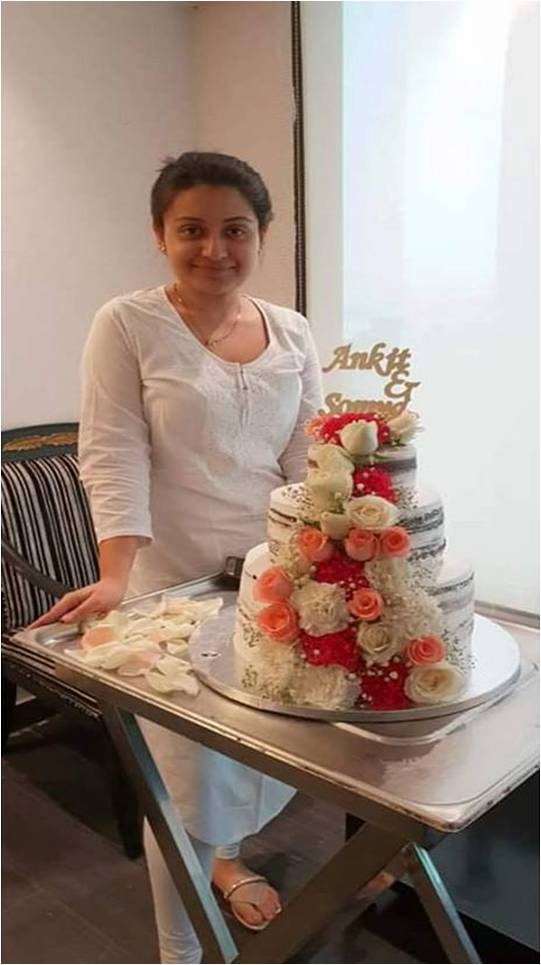
Shaili Guha is a self-taught home-baker from Kolkata. She has a B.Sc. degree from Jadavpur University and a M.Sc. from Manav Rachna International University in Nutrition & Dietetics. Her home bakery Kettle Petal, Kolkata, has a rating of 4.4 in Zomato and her repeat clients include Nestle India Ltd. She started baking as a hobby, which became a passion and finally became her full-time career. She can be contacted by email. Her work is available on Instagram & Facebook.

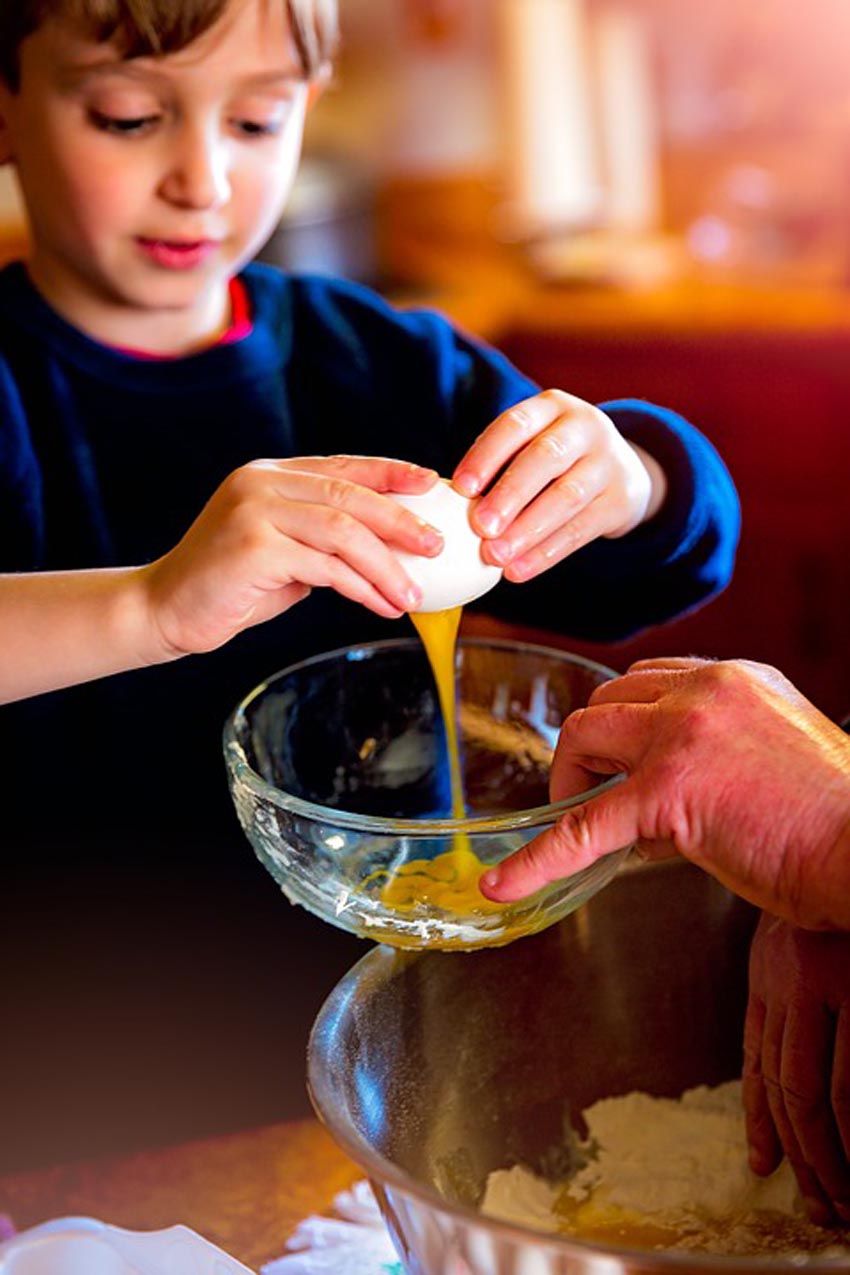
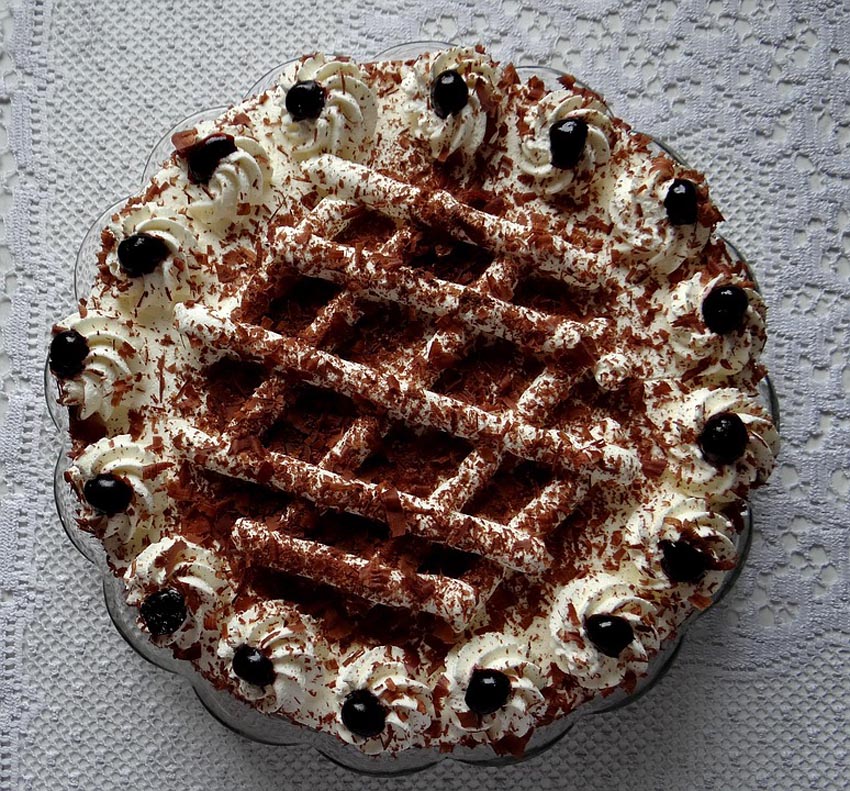
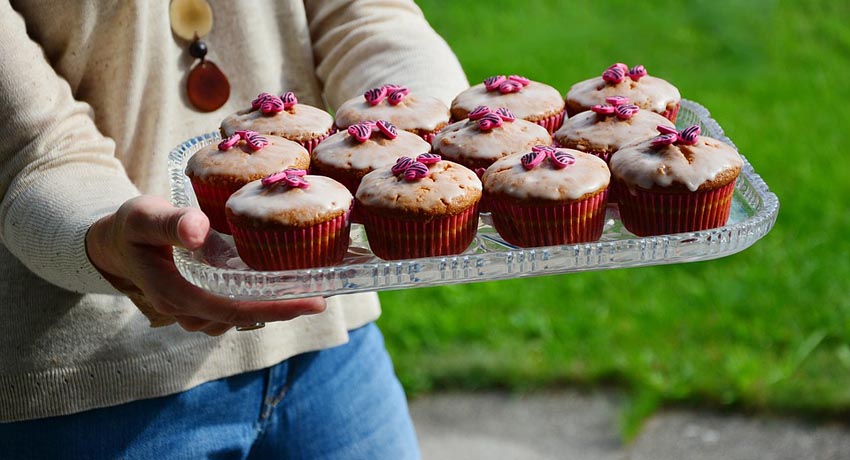
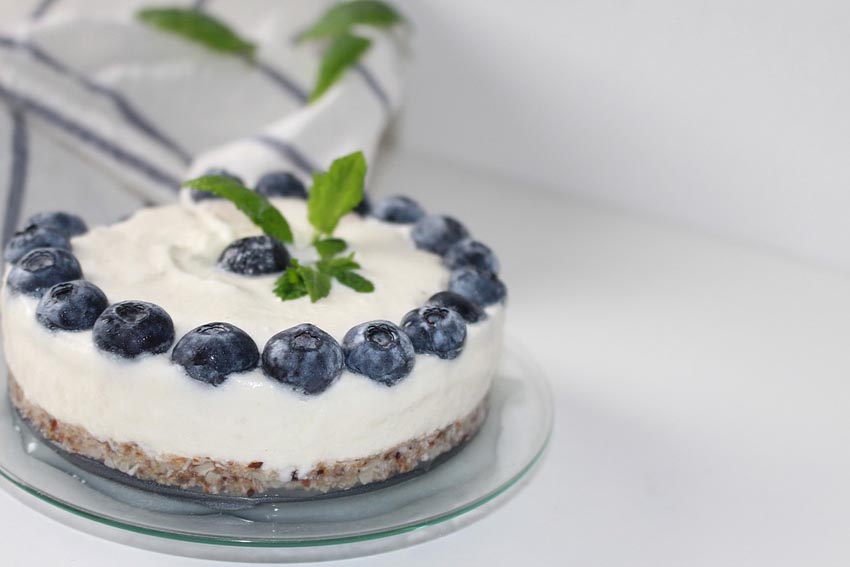
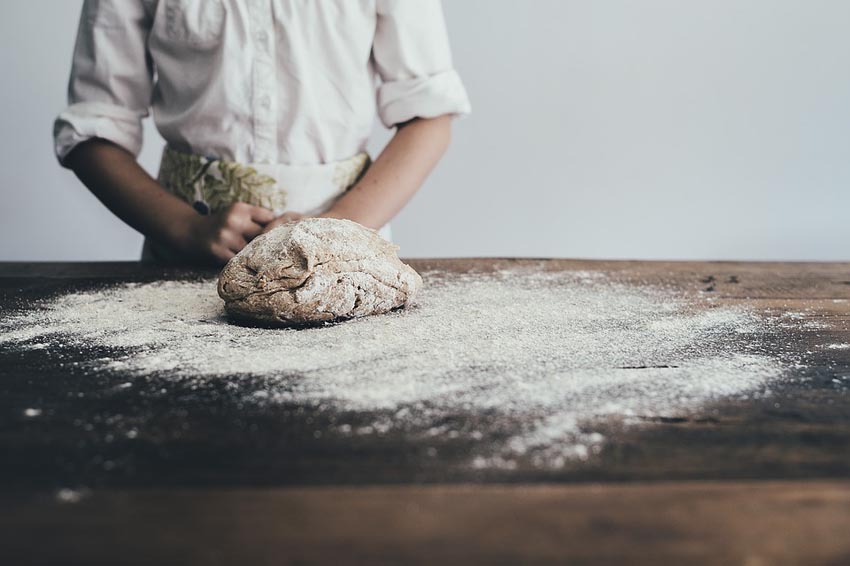
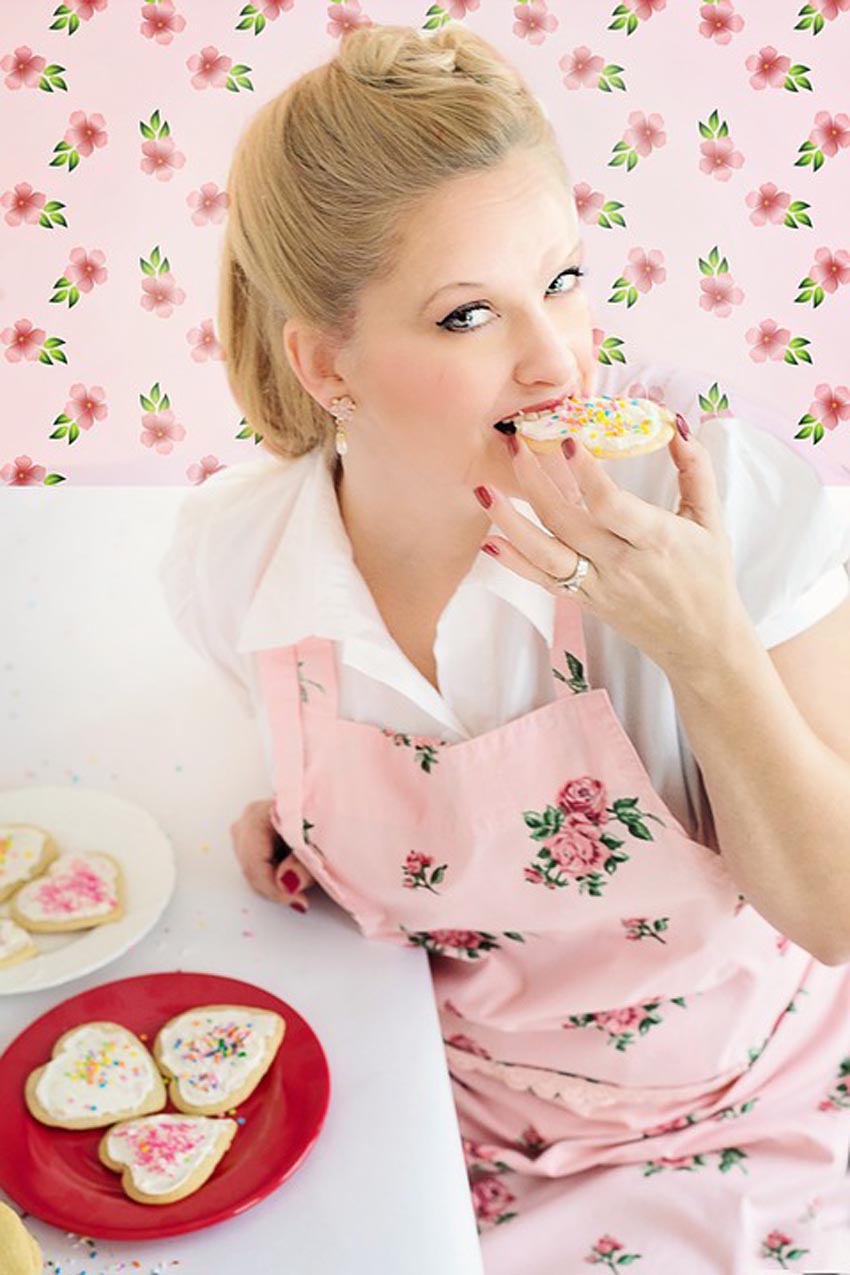
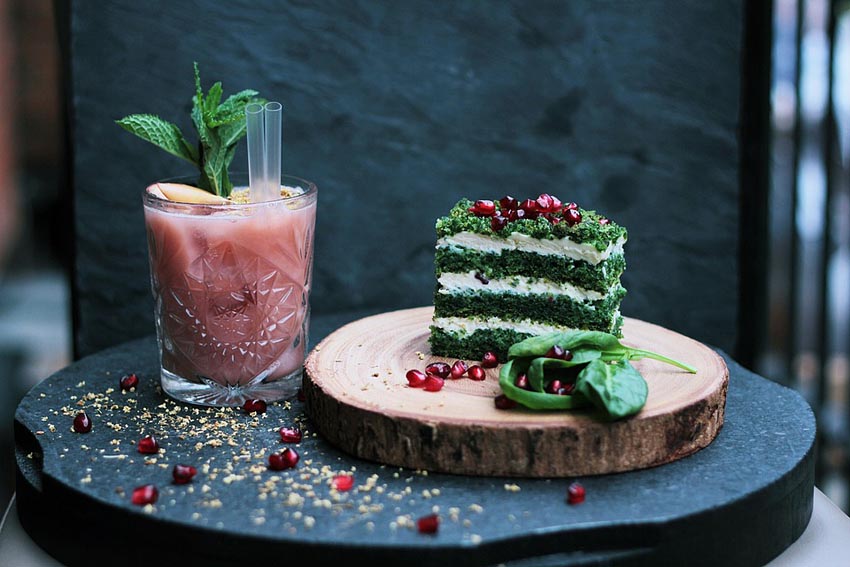
Many thanks for this article! What great ideas! We are an old couple seeking something new with regards our career, something that we can do together and baking always seemed like a dream-come-true!
I found this article and I found it truly useful.
I hope to give something back and help others like you helped me.
Do you have experience opening your own bakery? What worked for you, and what didn’t? Share this article on Facebook or Twitter and let us know what you think.
But even though it is common, it is not expected or always encouraged.
Thanks so much for the article post. Looking forward to learning more about this profession. Keep writing.
Love the wonderful graphics on this site.
Like!! Really appreciate you sharing this article. Keep writing.